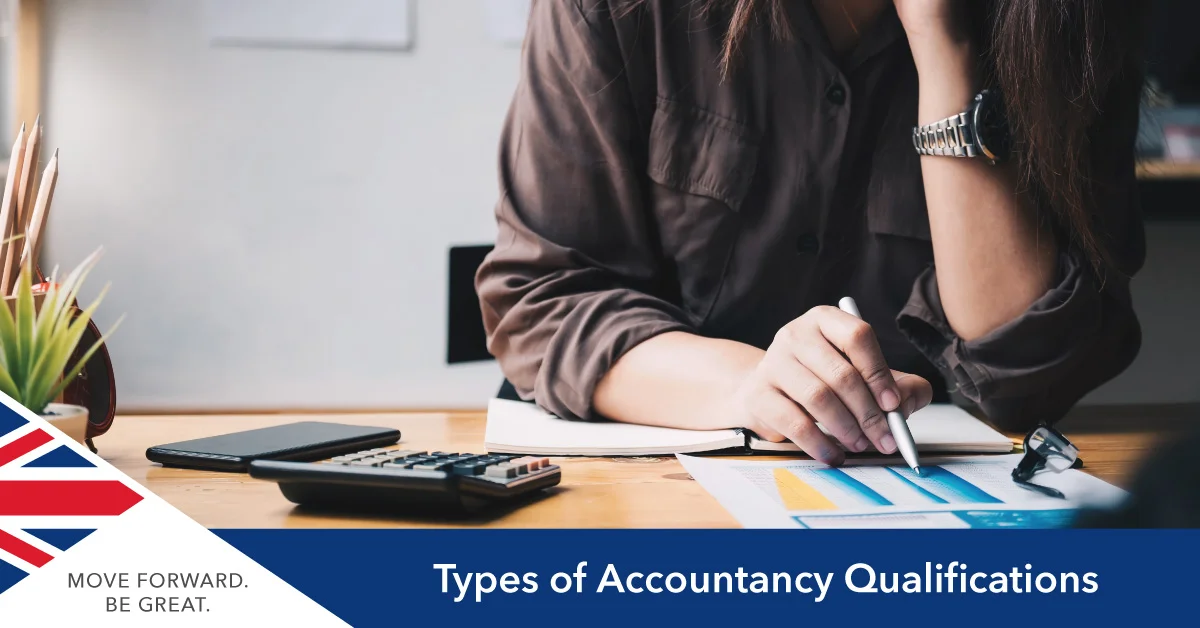Accounting professionals generally hold a bachelor’s or master’s degree to pursue a career in the banking or accountancy sector. Some individuals even pursue a specialised course that earns them good jobs at reputed firms. Accounting qualifications focus on nurturing your understanding of economics, mathematics, and other nuances that help you deal with an organisation's finances.
These accounting courses can be enrolled in or taken up at any stage of your career. Every course has a different specialisation and difficulty level, allowing entry into varied seniority levels and positions.
Learn more about different types of accounting qualifications below and if you want to learn more about studying accountancy in the UK, arrange your free consultation with SI-UK India today.
Different Types of Accountancy Qualifications in the UK
ACCA
ACCA stands for Association of Chartered Certified Accountants and is the graduate entry route in the accountancy industry. An ACCA course is generally completed in 3-4 years, with exemptions for students from ACCA-accredited universities like Oxford Brookes University and the University of London.
The ACCA has 13 exams in total, and these tests can be completed in a maximum of 7 years.
- ACCA entry requirement: Two A-levels and three GCSEs in English and Mathematics subjects.
ACA
ACA is a professional level examination that is available for baking and finance professionals. Students who complete the ACA qualification are rewarded with the title of “ICAEW Chartered Accountant''. There are 15 examination modules that test applicants on topics such as financial management, business, law and much more.
ACA qualification can be achieved by following one of the many routes available, but acquiring 450 days of work experience at an ICAEW-authorised training employer is a mandatory requirement.
- ACA eligibility requirement: A recognized degree from a university. Various routes based on options like NVQ/SVQ levels, GCSEs and A levels, professional accountancy qualifications, etc.
CIMA
Chartered Institute of Management Accountants (CIMA) is a finance qualification that helps acquire the designation of a Chartered Global Management Accountant.
On average, this course can take 3-6 years to complete, during which all applicants must pass 12 exams. Depending on the student's background, the route to CIMA is decided and can be followed, as there are different entry routes for undergraduates, graduates, CMA graduates, etc. Students can get entry and start their CIMA qualification at the Certificate, Operational, Management, or Strategic level.
- CIMA eligibility requirement: Matriculation or Intermediate, Undergraduate or Graduate, MBA or other professional degrees for entry at various levels of the CIMA examination.
CIPFA
CIPFA (Chartered Institute of Public Finance) is one of the only bodies dedicated to public finance services. The syllabus of these examinations includes green finance, data analytics, ethical accounting, and more.
Students generally need 3-4 years to complete the CIPFA qualification, but this can vary depending on the candidate's qualifications and work experience. The exams are held in four stages and consist of 12 modules, training individuals with technical knowledge and exposure to public sector functioning.
- CIPFA eligibility requirement: Three GCSEs, grades A-C, and two A-levels, grades A-C or equivalent. BTEC and SCOTVEC national certificates are acceptable as well. If a candidate has three years of work experience but not the right academic experience, they can appear for the CIPFA examination.
Study Accountancy in the UK
If you wish to study accountancy in the UK you can book a free consultation with one of our India education consultants today.



 I sincerely thank SI-UK for getting me accepted to UCL. The MSc in Urban Development and Planning is extremely competitive, but the right guidance provided by SI-UK made my dream of studying at University College London a reality. The services were exceptional from beginning to end.
I sincerely thank SI-UK for getting me accepted to UCL. The MSc in Urban Development and Planning is extremely competitive, but the right guidance provided by SI-UK made my dream of studying at University College London a reality. The services were exceptional from beginning to end. 

